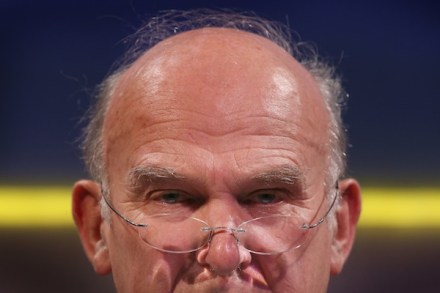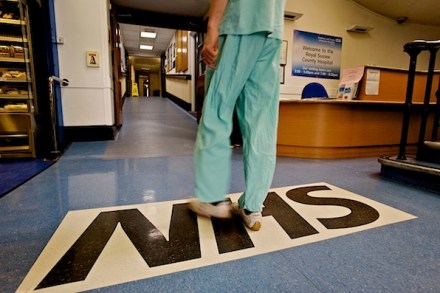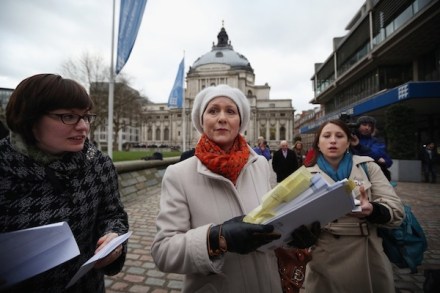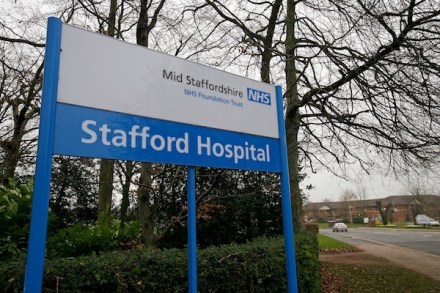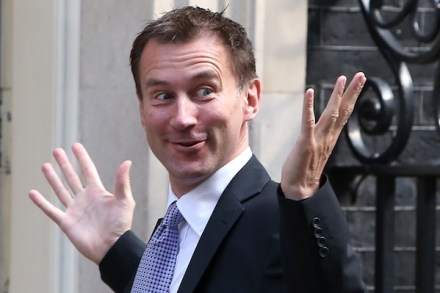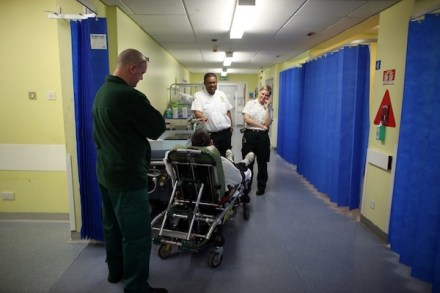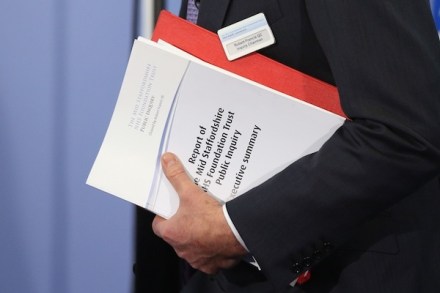If David Cameron wants to save the NHS, he should sack David Nicholson
Twenty-five years ago, when he had left the Communist party and taken over as chief executive at Doncaster Royal Infirmary, Sir David Nicholson made a point of promising his staff a ‘job for life’. He has certainly stuck to his ideology. This week he admitted his part in the Mid Staffordshire hospitals scandal, in which up to 1,200 patients died from poor care and neglect. He confessed that as chief executive of the Shropshire and Staffordshire Strategic Health Authority — the body which was supposed to oversee Stafford Hospital — he had failed to notice its high death rates. And yet still he appears to believe that he has the







